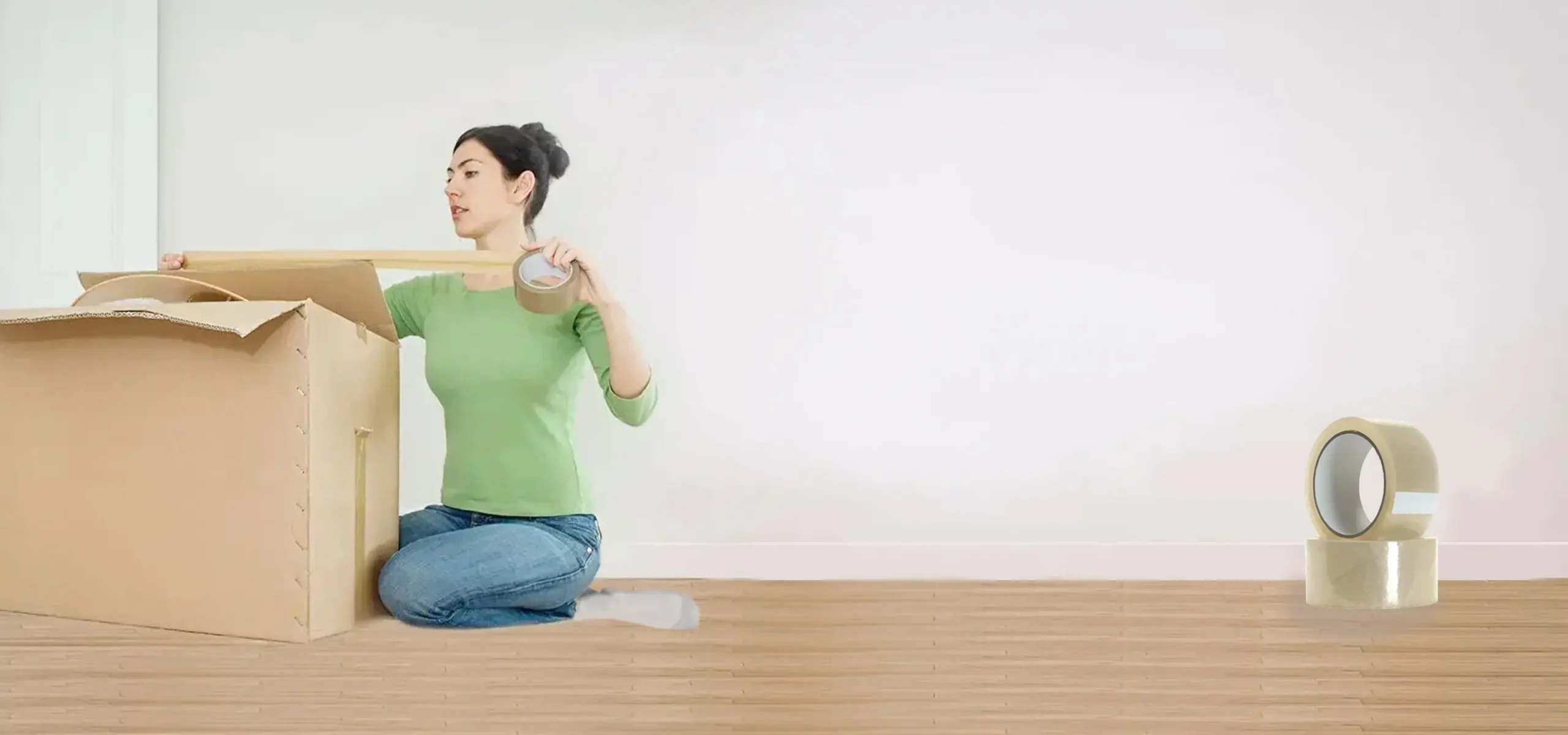
# Double-Sided Tape: The Invisible Bond for Everyday Fixes
## The Unsung Hero of Household Repairs
When it comes to quick fixes and temporary solutions, double-sided tape often flies under the radar. This simple yet ingenious adhesive product has become an essential tool in homes, offices, and workshops worldwide. Unlike traditional tape that leaves one side exposed, double-sided tape creates a clean, invisible bond between surfaces, making it perfect for countless applications where appearance matters.
## How Double-Sided Tape Works
The magic of double-sided tape lies in its construction. Typically consisting of a thin carrier material (often foam, film, or paper) coated with adhesive on both sides, this tape creates an instant bond when pressure is applied. The strength of the bond depends on several factors:
– Adhesive type (acrylic, rubber-based, or silicone)
– Carrier material thickness
– Surface texture of the materials being joined
– Environmental conditions (temperature and humidity)
## Common Uses You Might Not Have Considered
While most people think of double-sided tape for hanging posters or securing carpets, its applications extend far beyond these basic uses:
Home Organization
Create a clutter-free space by using double-sided tape to mount:
- Remote control holders to furniture
- Spice racks inside cabinet doors
- Under-cabinet lighting strips
- Bathroom organizers to tile walls
Crafting and DIY Projects
Artists and makers love double-sided tape for:
- Securing stencils without residue
- Attaching embellishments to scrapbooks
- Temporary holds during woodworking projects
- Mounting fabric for sewing projects
## Choosing the Right Double-Sided Tape
Not all double-sided tapes are created equal. Consider these factors when selecting the right product for your needs:
Strength Requirements
Light-duty tapes work well for paper and photos, while heavy-duty versions can secure mirrors or wall panels. Industrial-grade options exist for permanent bonding of metals and plastics.
Surface Compatibility
Some adhesives work better on certain materials. For example:
- Foam tapes excel on uneven surfaces
- Thin film tapes work best on smooth, flat materials
- Specialty tapes exist for glass, fabric, and delicate surfaces
Removability
If you need temporary solutions, look for tapes labeled as “removable” or “repositionable.” Permanent options provide stronger bonds but may damage surfaces upon removal.
## Pro Tips for Maximum Effectiveness
To get the most out of your double-sided tape:
1. Clean surfaces thoroughly before application (dust and grease weaken bonds)
2. Apply firm pressure for 30 seconds after placement
3. For heavy items, use multiple strips rather than one large piece
4. In cold environments, warm the tape slightly before application
5. Store tape in a cool, dry place to maintain adhesive properties
## The Future of Double-Sided Adhesives
Manufacturers continue to innovate with new formulations that offer:
– Stronger bonds with thinner profiles
– Environmentally friendly, biodegradable options
– Temperature-resistant varieties for extreme conditions
– Smart adhesives that change properties with environmental triggers
Next time you face a mounting challenge or need a quick fix, remember this versatile solution hiding in plain sight. Double-sided tape might just be the invisible hero your project needs.
Keyword: double sided tape